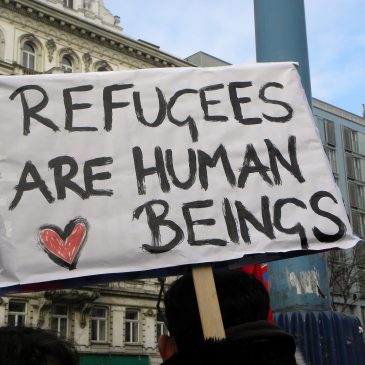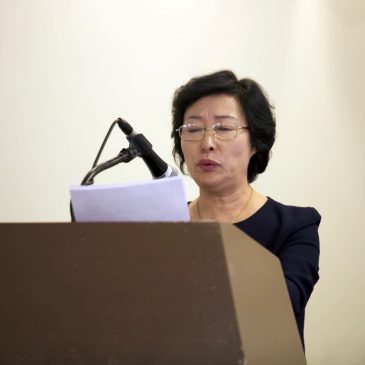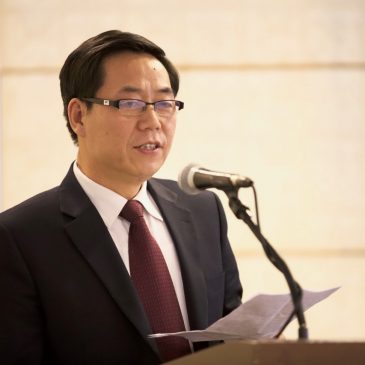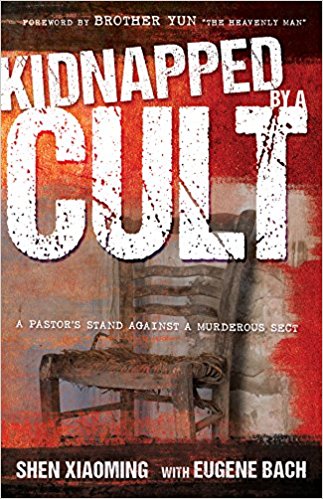Massimo Introvigne What Is a Xie Jiao? On September 15-16, 2017, I was among the speakers of a conference at the University of Hong Kong on the Chinese notion of xie jiao. The aim of the conference, which followed a closed door seminar organized in Zhengzhou, Henan, in the previous month of June, was a dialogue between the Chinese Anti-xie-jiao Association, which is directly connected with the Chinese Communist Party (CCP), Chinese authorities and scholars, and Western scholars, on the notion of xie jiao and on one particular movement China regards as a xie jiao and banned since 1995, the Church of Almighty God. Chinese and Western sources translate xie jiao as “evil cult,” but the translation problem was precisely at the heart of the conference. Xie jiao is an expression used since the times of the Ming Dynasty, well before the current controversies on “cults” (ter Haar 1992). The pendulum switched repeatedly from using it with a theological meaning, “heterodox beliefs,” or with a criminological one, “criminal religious movements,” or “religious movements conspiring to overthrow the government.” Today, China has adopted a list of xie jiao, whose members may be arrested and sentenced to imprisonment, or worse, for their normal religious practices, but the impression I derived from the conference is that, within the same Chinese Communist Party (CCP), the notion is unclear, notwithstanding attempts to provide legal definitions. The most recent attempt to date resulted in Rule 1 of the Interpretations on the Issues Concerning the Application of Laws in Criminal Cases Relating to Organizing and Utilizing Evil Organizations to Destroy Law Enforcement, issued on January 25, 2017, by the People’s Supreme Court and the Office of the People’s Supreme Attorney, interpreting Article 300 of the Criminal Code, which mentions xie jiao. These were defined as “illegal organizations, which, through fraudulent use of religion, qi gong, or any other name, by deifying and promoting their ringleaders, or by fabricating and spreading superstitious fallacies and other means to confuse and deceive others (…), control group members and harm society” (Chen 2017, 7–8). Obviously, this definition is vague and dangerous, since it does not clarify which religious beliefs are “superstitious fallacies.” Faced with these problems, it seems that within the same CCP there are at least three different schools or thought. The first uses xie jiao in the traditional Chinese pre-Communist sense, asking the government to protect the “orthodox” beliefs … Continued








